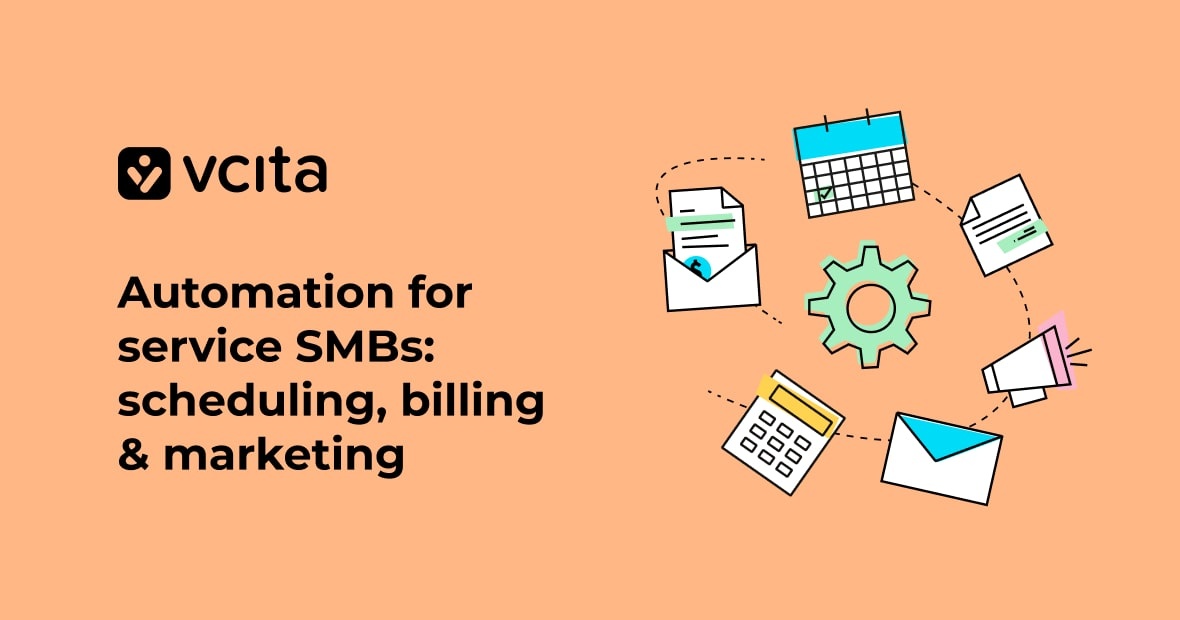So you want to become a wedding planner and start your own wedding planning business? With people planning more elaborate weddings, the demand is high. Plus you’ll be working at something that you love and that makes people happy every day. What could be better?
Before you start planning your next event, you’ll need to lay the groundwork. Becoming a certified wedding planner involves a few vital steps, like choosing your business structure, completing courses, deciding which types of services you want to offer, and marketing your capabilities near and far.
Starting a wedding planning business is challenging work but also rewarding – you’ll get to be a part of making couples’ dream wedding days come true! Read on to learn about the essential tasks you need to do to open the doors to your wedding event planning company.
How to become a wedding planner: education and certifications
A successful wedding planner is organized, detail-oriented, and able to handle stressful situations. But to start a successful wedding planning business, you might need more than just natural good taste, a calm disposition, and an eye for detail. You also need the proper education and certifications.
Becoming certified shows potential clients you have the necessary skills and expertise, gives you credibility, and helps you build a professional network. Many catering companies and event venues also prefer working with certified wedding planners.
The most well-known organizations offering certifications for wedding planners are The Bridal Society, the Association for Wedding Professionals International, and the American Association of Certified Wedding Planners. Through coursework and exams, you’ll learn critical details about the wedding industry like types of services to offer, how to market your business, and how to properly plan a wedding day.
While certification is recommended, some planners get started as an event planner for a catering company or event venue to gain experience. You can also intern with a certified wedding planner in your area. Starting as a wedding planner’s assistant is a great way to learn the ropes and make connections.
Don’t stop learning just because your course is over. As a wedding planner, you need to stay up-to-date with trends in the wedding industry, so keep educating yourself about changing tastes and new ideas. You also need to keep building strong relationships with catering companies, florists, photographers, and other event pros in your area, so you can call on them to complete your clients’ vision for their big day.
Setting up your wedding planning business
To start a wedding planning business, first decide on a business structure. You can either register your business as a sole proprietorship, or form an LLC. As a sole proprietor, you have full control but also personal liability, while an LLC protects your personal assets and establishes your business as a separate entity. Either way, you’ll need to register for a business license with your local Chamber of Commerce.
Next you’ll need to draw up a business plan to outline your mission, target clients, and services. It’s a good idea to focus on a specific niche like luxury weddings or destination weddings, so you can make your business stand out from the competition. Your business plan should include estimates about income and expenditure for the first 1-3 years, and a plan for how you’ll market your business.
Developing Your Wedding Planning Services and Offerings
When starting a wedding planning business, you’ll need to determine what types of services you want to offer, from full-service wedding planning to day-of coordination or even becoming an event planner for your local wedding catering company. Some of the most common services professional wedding planners provide include:
- Venue selection and coordination. Helping couples find and book ceremony and reception venues, and handling logistics like layout, rentals, and scheduling.
- Vendor recommendations and coordination. Providing referrals to caterers, photographers, florists, transportation companies, entertainment, and more, while managing contracts and timelines.
- Budget development and management. Creating a comprehensive wedding budget and ensuring costs stay within budget, as well as negotiating with vendors to find the best deals.
- Timeline creation. Developing a customized schedule for the wedding day to keep everyone on track, and making sure that each event flows seamlessly into the next.
- Rehearsal management. Conducting the rehearsal and rehearsal dinner, and guiding the wedding party through the ceremony sequence.
- Wedding day coordination. Overseeing all wedding day activities to allow the couple and their loved ones to relax and enjoy this special time, including dealing with any last-minute issues.
As your business grows, you can expand into related areas like custom wedding stationery, gifts, floral design, or becoming a catering company. The key is to start with a solid set of basic offerings, gain experience, and build up from there.

Marketing your new wedding planning business
Once you’ve established your wedding planning business, it’s time to start marketing your services. In today’s digital age, the internet and social media are the most effective ways for wedding planners to connect with potential clients and promote their business.
Start a website
A website is vital for establishing your online presence. Include all the information that people need to know, like which areas you cover, which services you offer, your pricing, and the best way to get in touch with you.
Run a blog
A blog is a great way to establish yourself as an expert in the wedding industry. Just attach it to your website, then write posts about your area of expertise. This can include wedding planning tips, the latest trends, advice for brides and grooms, and more. Share your insights from years of experience organizing weddings, then promote your new blog posts on social media to drive traffic to your website.
Get active on Instagram and Pinterest
These visually-focused platforms are ideal for wedding planners. Share photos of stunning wedding details, tablescapes, floral arrangements, and behind-the-scenes glimpses of weddings you’ve planned, and build excitement by teasing photos of an upcoming wedding. Tag the vendors you work with to increase visibility and traffic for both of your accounts.
Network and Partner with Vendors
Get involved in your local wedding community by joining wedding networking groups and attending industry events. Meet caterers, florists, photographers, and venue owners, and look for opportunities to partner or cross-promote each other’s businesses. Provide recommendations and referrals for trusted vendors you’ve worked with, and ask them to do the same. These partnerships and word-of-mouth referrals from industry pros are invaluable for finding new clients.
Engage on Social Media
Social media is all about interaction, not just posting images of your amazing weddings, so engage with your audience. Comment on other people’s wedding-related posts, answer their questions, and provide helpful advice and suggestions specific to their needs. Then you can move the conversation to email or the phone to further discuss how you can assist them in planning their dream wedding, and turn social media connections into paying clients.
Managing day-of-wedding coordination and working with vendors
So your business is up and running, your website and social media accounts are attracting a lot of attention, and you’re working on your first wedding events. It’s exciting, but also a little stressful. Being a day-of wedding coordinator requires organization, responsiveness, and the ability to think on your feet. Here are some of the main tasks you can expect to have to deal with.
Communicate with vendors
In the weeks leading up to the wedding, contact all the vendors—caterer, photographer, DJ, florist, cake designer, transportation companies—to review the timeline and logistics. Double check that everyone knows where and when they need to be set up and ready to go, and be available to answer any last-minute questions they may have.
Begin the day on the right foot
On the actual wedding day, arrive at the venue early to oversee vendor arrivals and set up. Greet each vendor as they come in, show them where they’ll be working, and stay in close communication with everyone to keep things running on schedule. Be prepared for any unexpected issues that may pop up and work with vendors to solve problems quickly. The key is staying calm and keeping the wedding party stress-free.
Stay on top of every detail till the end of the event
As the coordinator, you’ll cue the DJ and musicians for important moments like the first dance, cake cutting, and bouquet toss. You’ll also make sure the catering staff is ready to serve each course, that the bar is fully stocked, and will check in with the photographer to ensure all the requested shots and group photos have been captured. And at the end of the night, you’ll oversee vendors as they pack up to make sure nothing gets left behind.
Your new wedding planning business is on the doorstep
There you have it, the key steps to becoming a certified wedding planner and starting your own wedding planning business. With passion, professionalism and persistence, you can start a wedding planning business. Just remember that your focus is to help couples create the wedding day of their dreams, and you’ll gain a reputation as a coordinator that brides and grooms can count on to execute their perfect wedding day.




























